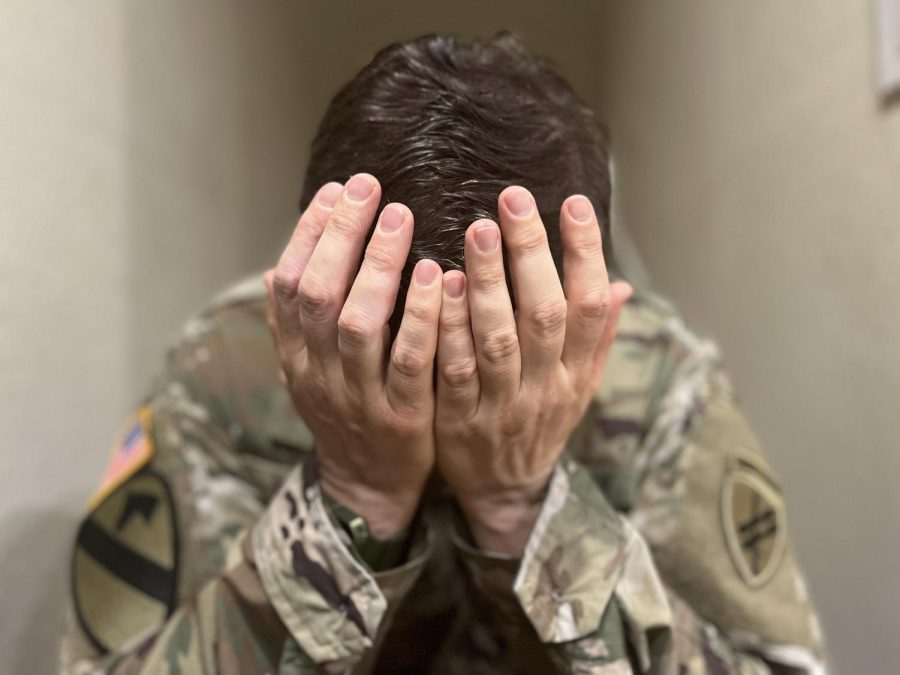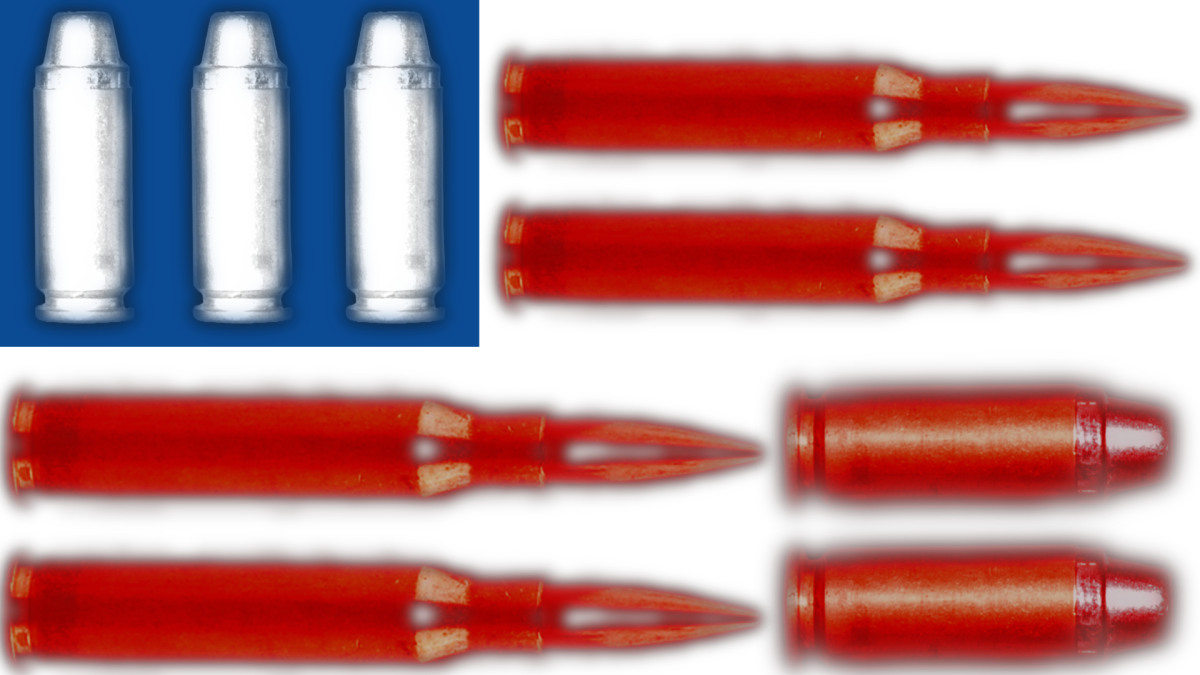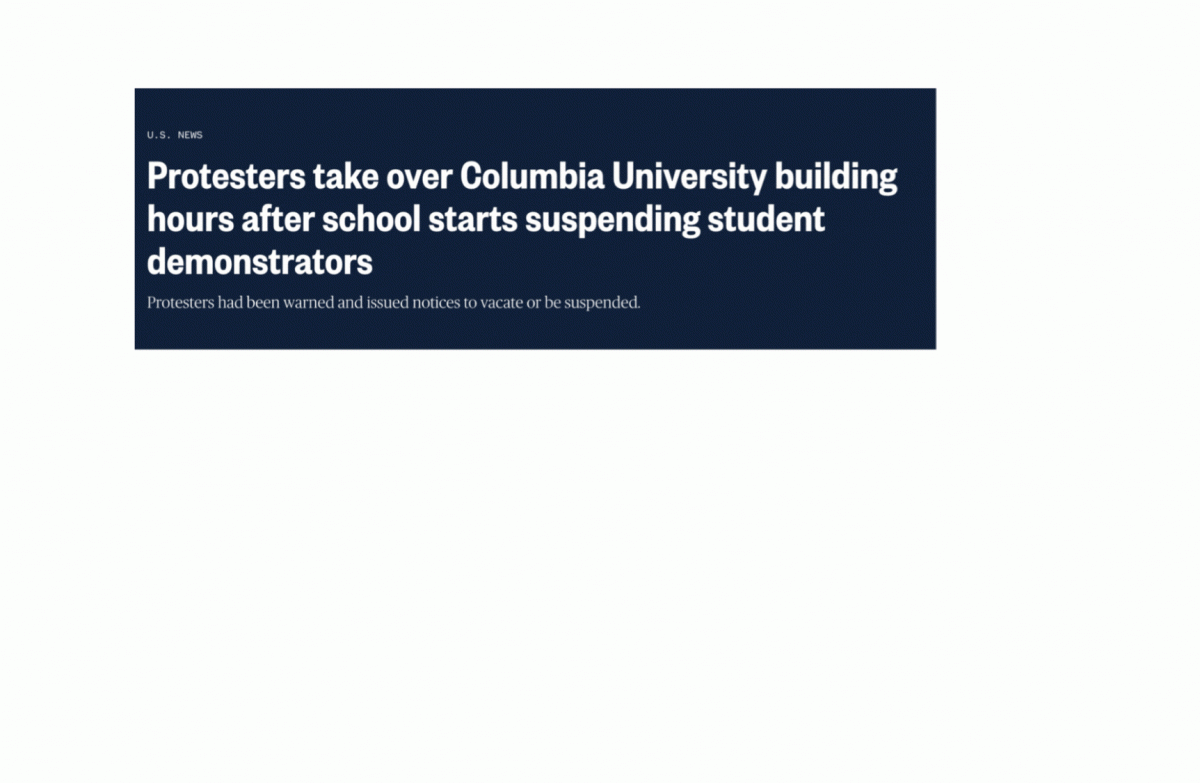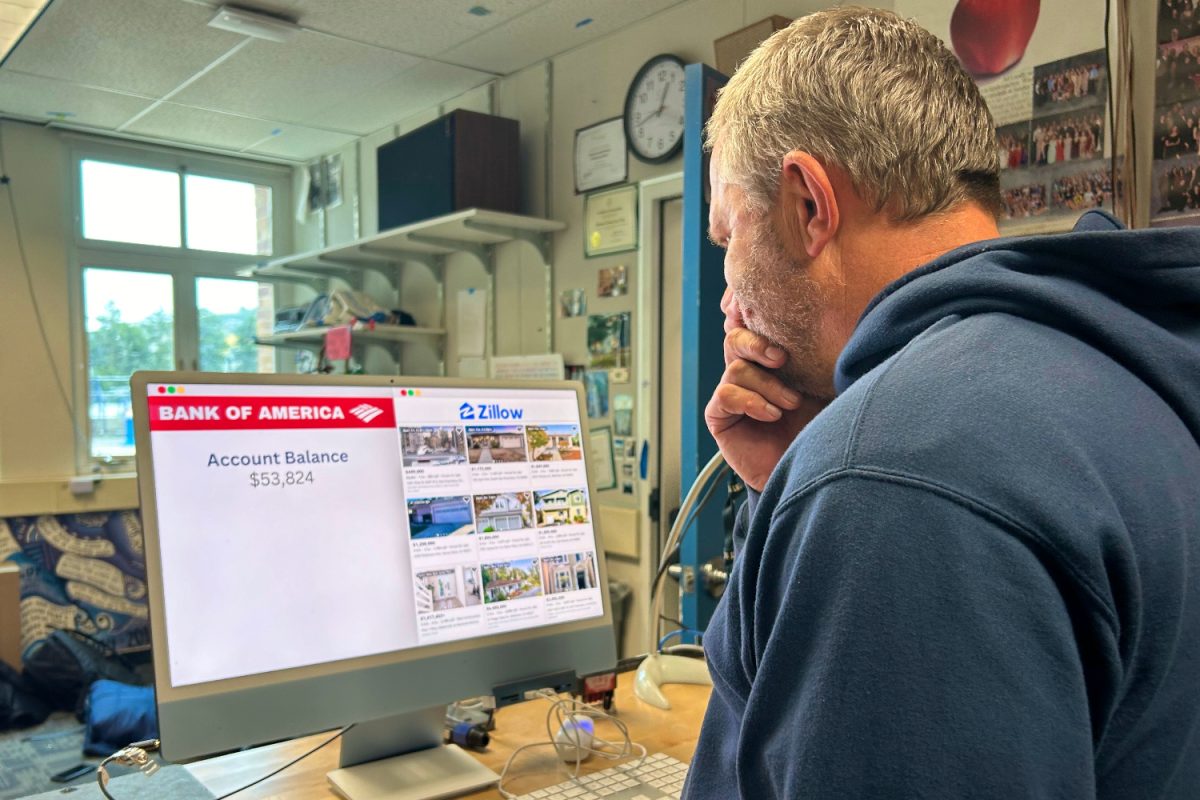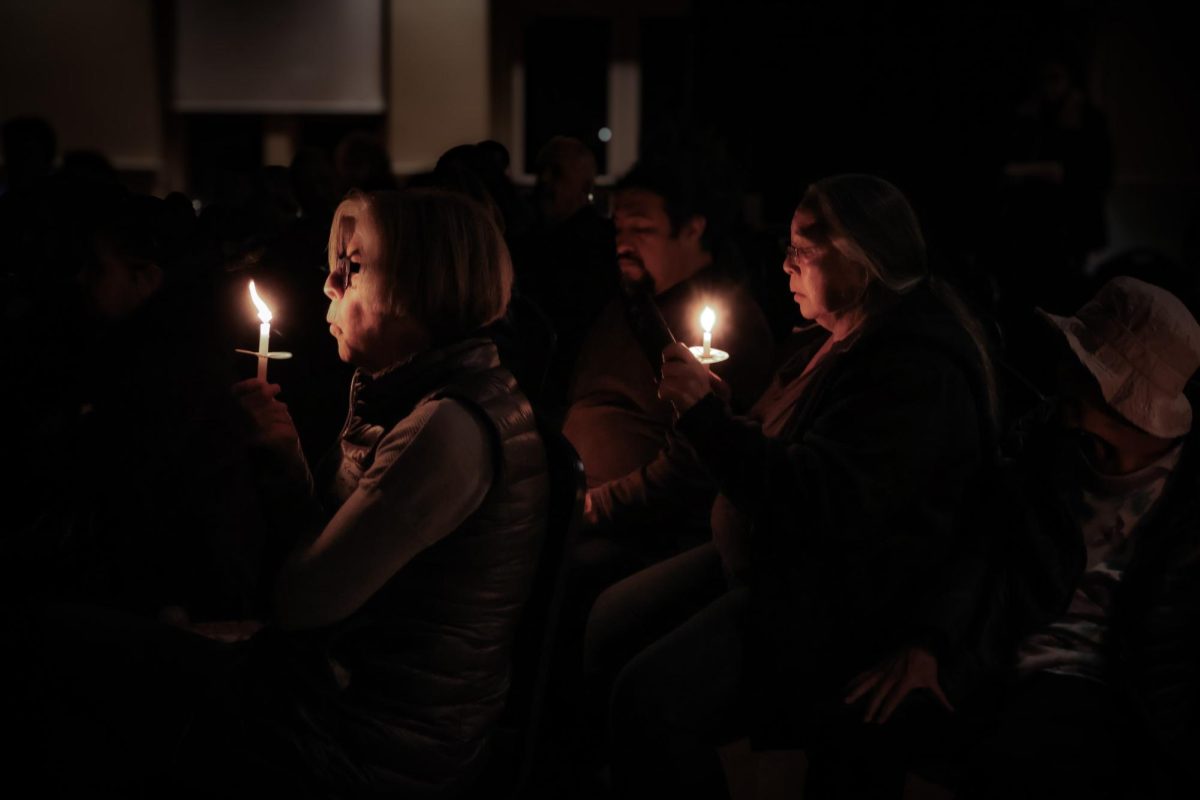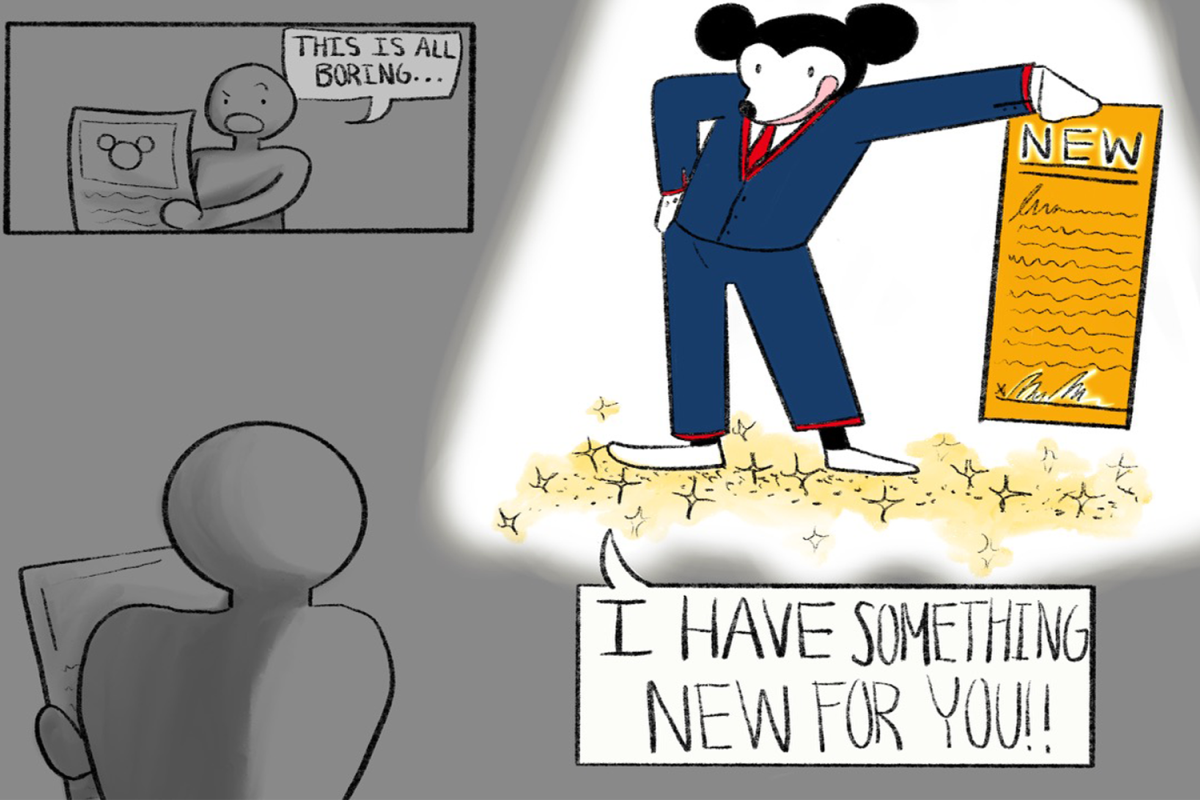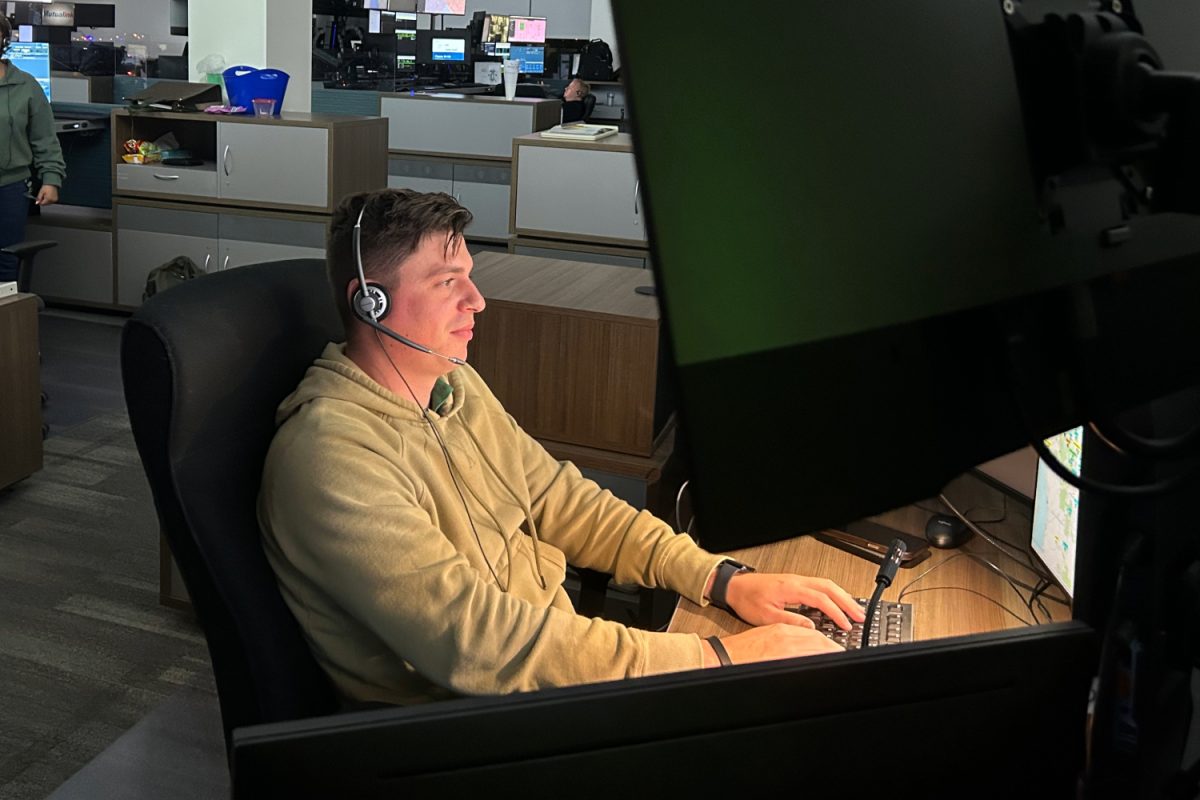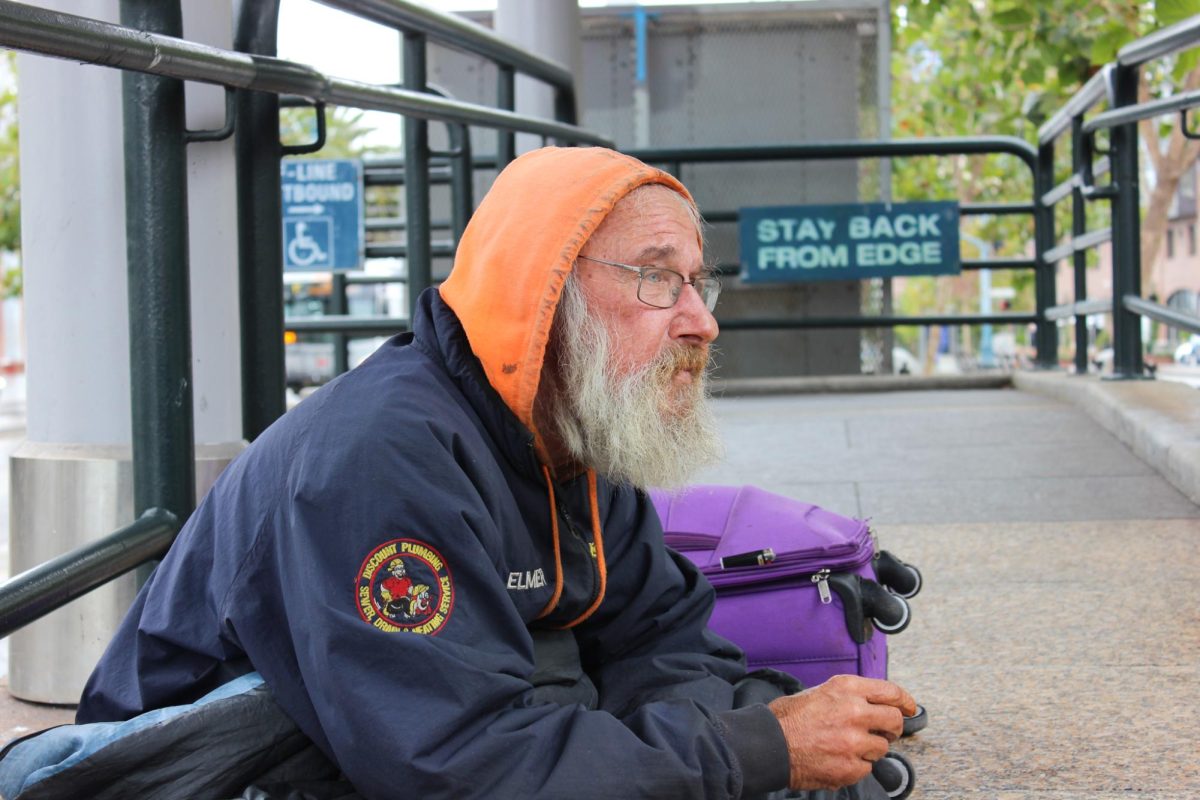Eighty-three percent of military personnel who have been deployed or serve in the military have experienced post-traumatic stress disorder, according to Cumberland Heights, an addiction treatment center in Nashville, Tennessee.
Post-traumatic stress disorder, also known as PTSD, is a disorder that occurs when people have seen or experienced a traumatic event, such as an accident, natural disaster, war/combat, sexual violence, or severe injury.
According to the American Psychiatric Association, people who have been diagnosed with PTSD have vivid thoughts and feelings after their traumatic event has occurred. Loud noises, gore, or accidental touch may be triggers that cause nightmares and flashbacks about their traumatic event.
Sergeant First Class Curtis Coleman works in civil affairs. He currently works in the Special Warfare Center of Schools, where he teaches people in Special Forces and Psychological Operations.
Coleman has been in the army since he turned 18, his first time leaving his family. He joined the military to help his country and to be independent while trying to do something good.
For Coleman, joining the military was a big transition from staying home and living with family to getting deployed. He missed seeing his mom and sibling every day and the connection he had built with his friends back home. Coleman found it difficult knowing he couldn’t call or see the people he missed whenever he wanted to.
Coleman describes his PTSD symptoms as panic attacks and the inability to breathe. For him, it was helpful to have family and friends in the military to help him work through his trauma and panic attacks when he had them.
His family members in the military helped him by talking through any traumatic experiences he had on the field — for example, seeing one of his fellow soldier’s tanks blow up just a few hundred feet away from him. They helped him deal with the night terrors of reliving his trauma by providing him with a safe and open space to discuss his feelings.
“This one time, I had a panic attack and couldn’t breathe. At that moment, people kept telling me to take deep breaths or that the situation would improve, and I couldn’t help but think that it wouldn’t help me. But it did, and that’s when I realized the importance of regulating yourself,” Coleman said.
Corporal Edgar Hercila was 31 years old when he joined the army. As a first-generation American, he understood from a young age how different his life would’ve been had his parents not chosen to immigrate from Mexico to the United States.
As such, Hercila always tries to act kind with kindness in life. To him, enlisting in the military was an expression of gratitude towards not only his country for the opportunities it provided him but his family as well for choosing to live in the United States.
While in the military, he was deployed and worked with civilians in the areas he was sent to. After his time in the army, Hercila went to therapy to work through the trauma he had experienced while deployed and throughout his life.
PTSD ultimately comes down to how everyone is different and not only how different people experience the trauma, but also how to identify it.
— Edgar Hercila
Hercila realized that most people in the military had experienced trauma, and rather than sit with the pain and guilt he felt, he decided to try to understand and cope with it. Therapy taught him about his trauma responses and how being in the military had changed his brain wiring.
Hercila describes his PTSD as the different feelings he gets in certain situations. Many in the military with PTSD struggle to turn off the defensive part of their brains. These parts make it difficult for them to, for example, per their training, go into a room without looking for another exit first.
“PTSD is almost like your body is working extra shifts. You can’t forget about what happened to you, but at the same time, your life is defined by your experiences,” Hercila said.
In Hercila’s case, his PTSD makes his brain put his body on constant guard.
“PTSD is like the moments after burning your hand on the stove. I think to myself, ‘I’m not going to put my hand in the fire. I’ve learned what fire is. I’m going to feel around and see if it’s warm, then work my way to the center. I won’t put my hand in like I did before. I’ll feel around, I’ll feel the handle, I’ll feel the lid, and then I’ll stop.’ My military PTSD is the feeling that even though I am prepared, I’m still constantly on the ready,” Hercila said.
Things that can help people with PTSD are primarily breathing exercises, getting out for a walk, and talking through feelings with family and professionals, according to Mayo Clinic.
However, when vivid memories and thoughts may start to resurface, breathing is usually not enough in the moment of a panic attack. Coleman, however, added that breathing techniques can still be an effective first step.
“I thought that people talking about breathing were stupid, but the fact is that I’m still upset. I’m still frustrated. I’m still traumatized. So, regulating my breathing helps to calm both me and my body down,” Coleman said.
Hercila explained that different people’s trauma can vary in how it manifests and feels, especially from the perspective of those who don’t understand it.
Military PTSD can differ from PTSD from sexual or childhood trauma. Victims of the latter may be forced to relive certain traumatic memories when close to the person that initially caused their PTSD, whereas military trauma is specific to the sounds of the area where the traumatic event occurred.
While Coleman and Hercila had completely different experiences while being in the army and dealing with their trauma, both emphasized the importance of the people in their lives whom they were able to talk with.
Having their families as support made days when it was difficult to even get out of bed seem better. Reminders from their loved ones that they aren’t alone in what they are going through also provided more of a reason not to quit and instead seek the help they needed.
And, despite its downsides, Coleman and Hercila both emphasized that the military helped them create new friendships.
The military made me feel connected to something that was bigger than myself, and I think that’s what’s so special about it. It’s the camaraderie of it and the people who come together as a family that make me feel at home.
— Curtis Coleman

